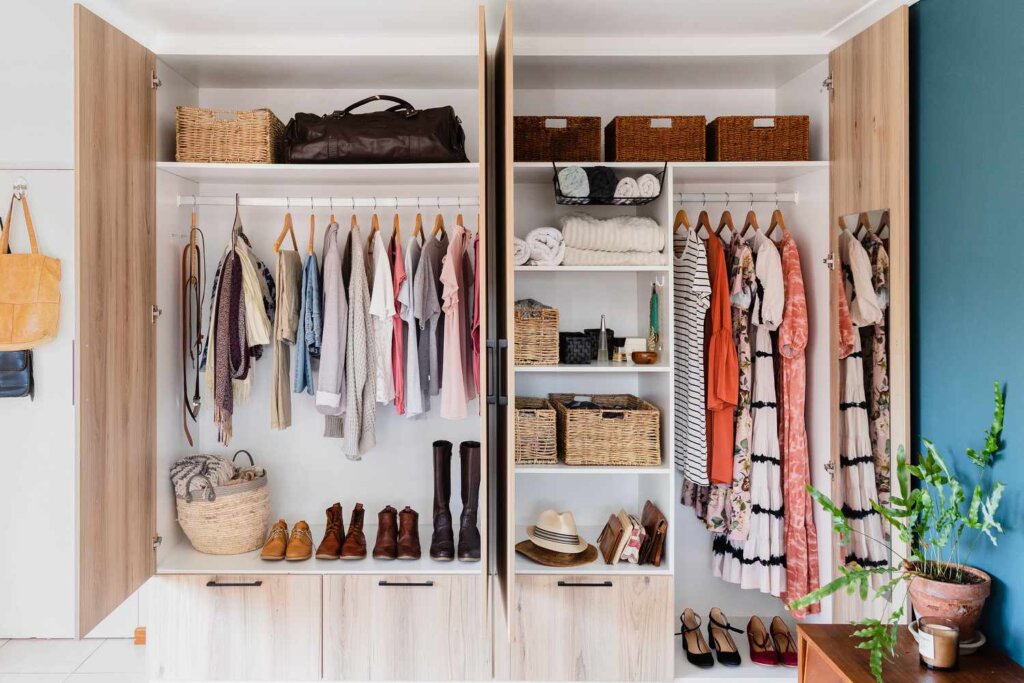
Organizing your wardrobe is a hygiene best practice that needs to be done as part of organizing your everyday life.
Wardrobes are something we use on an everyday basis & hence if the same is organized & well kept, it can help streamline our daily plans & time.
This holds true from somebody who has a walk-in closet to somebody who has one almirah to call a wardrobe.
Our wardrobes have many different kinds of articles & if the same are not organized, it can turn into a maze difficult to find our way through.
The idea behind organizing your wardrobe is to save mind & time space when you need to leave the house either for work or a formal gathering.
Let us take a look at ways in which your wardrobe could be organized
To begin with, let’s start with Clothing
#1: Occasion-wise


You always want to be dressed as per the occasion.
You do not want to look like the odd one out or misfit or uncomfortable for the occasion.
More importantly, you don’t want to look dressed up or down for when you need to look otherwise.
More so, all occasions are so different from each other, that you definitely wouldn’t wear clothes meant for one occasion for the other.
Eg. Lounge wear vs evening wear or gymwear vs work wear.
Hence the first line of organization you should begin with is dividing your day into parts from morning to night & all possible occasions you need clothes for within these.
These include:
Clothes we wear for prayers: Shrugs & dupattas
Clothes we wear to work everyday or workwear
Clothes we wear at home during the day or lounge wear
Clothes we wear at night or nightwear
Clothes we wear to the gym or for exercising or gym wear
Clothes we wear for day outings or casual wear
Clothes we wear for evening outings or evening wear
Clothes we wear for formal occasions either work or personal or formal wear: Like business suits, evening dresses etc.
Clothes we wear for weddings: Gowns & dresses or in the case of Indians, it will be formal Indian wear.
# 2: Western Vs. Traditional


Each of the above categories can further be segregated into western vs Indian wear.
As Indians, we tend to have a mix of Western and Indian wear in their wardrobe.
Depending on the occasion again & your mood, you may pick one over the other.
Hence within each category, it makes sense to further divide it between western & Indian, as that’s one more box ticked in deciding what you want to wear on a particular day.
# 3: Clothing Types


This is a no brainer:
Clothes basis types: eg tops, trousers, dresses, jumper suits, Kurti’s etc
You want to divide your overall wardrobe into clothing basis the type you have.
This helps giving you a snapshot view of your wardrobe & creating your look for day and within that zeroing in on what you’d like to wear basis the clothing you have in each category.
# 4: Top vs bottom
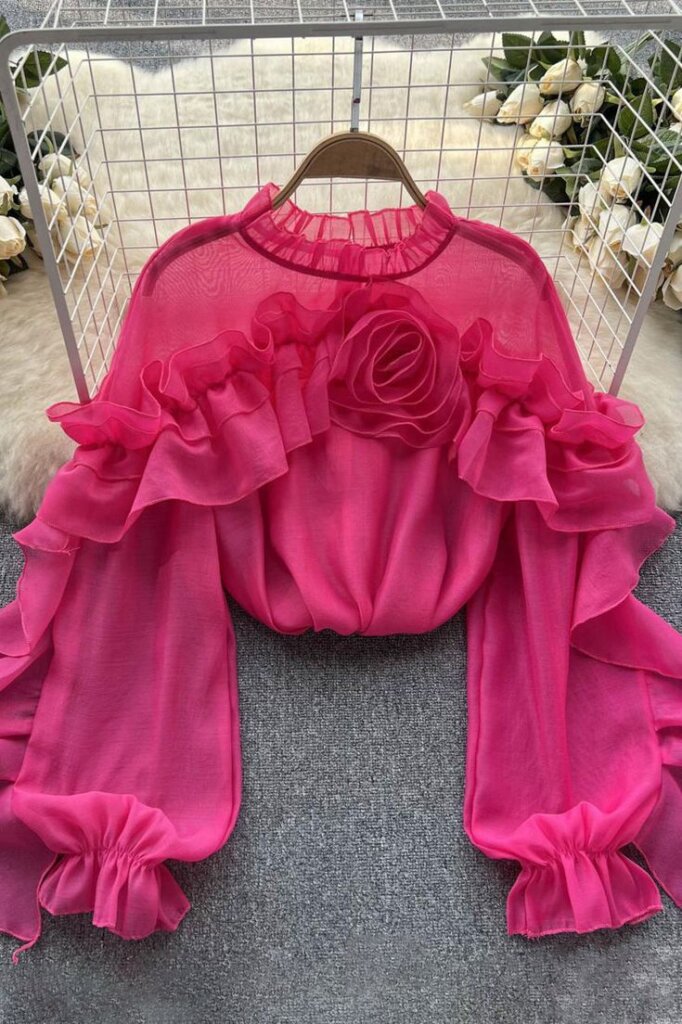
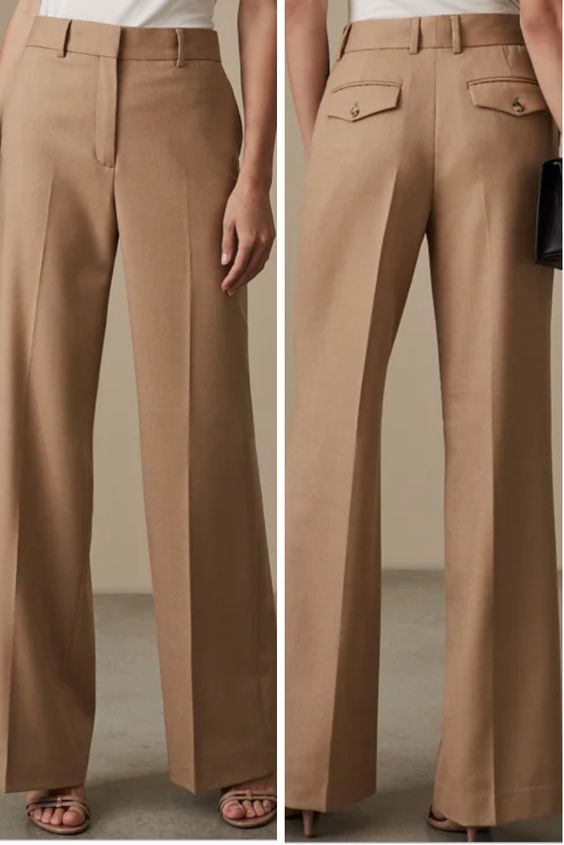
Top vs bottom wear:
Tops, blouses, kurtas vs Leggings, trousers, jeans
This is especially useful when you intend to mix & match and can see all tops and all bottoms at one time & then create a set by putting together two of them.
It helps to get a clear picture if what you have and work with that instead of pick from a pile of clothes two pieces you’d like to wear for the day.
# 5: Sets vs standalone


Skirt & blouse set, salwar-kameez set, short skirts and tops etc.
Whether it’s co-ordinated sets or sets which you have created, it can be very time consuming & frustrating when you find one item from the set but can’t find the other one.
Hence always keep sets together, so they can easily be worn when you intend to choose them.
# 6: Length-wise


Eg Short vs long dresses, short vs long skirts, short vs long kurtis
There are places where wearing a shorter length may be cool eg college vs places where u need to cover up more eg visiting a relative or extended family get togethers.
Segregation by this method will make it easier for you to reach out to those pieces which are suitable for such occasions, without having to put in too much time to decide.
# 7: New vs Old
As we keep buying new clothes, our wardrobe gets mixed up between clothes which are new vs those which are old.
The result more often is for us to take the older pieces for granted & only select from amongst the new ones. Y
ou can segregate them into these 2 categories for easier identification & keep a target of using a mix of clothes from the new vs old sections, so that the older ones are not completely ignored.
# 8: Current size vs Don't fit
Clothes which don’t fit anymore can be stacked somewhere at the back, till we can get into them again.
We all have those pieces lying in our wardrobe which used to fit us when we were thinner & we can’t get into anymore.
Make a separate section in your wardrobe of such pieces as a target for you to get into again by losing weight.
With these clothes staring at you in the eye, it can be a motivation to exercise & aim at wearing these pieces once more.
# 9: Worn often vs infrequently
We all have those favorite pieces we go to more often than others which may be lying in our wardrobe.
This leads us to wear those pieces more frequently & others waiting to be picked up.
Organising clothes this way will just bring our notice, pieces which are good but waiting to be selected & we can choose from amongst them the next time we need something.
# 10: Color segregation

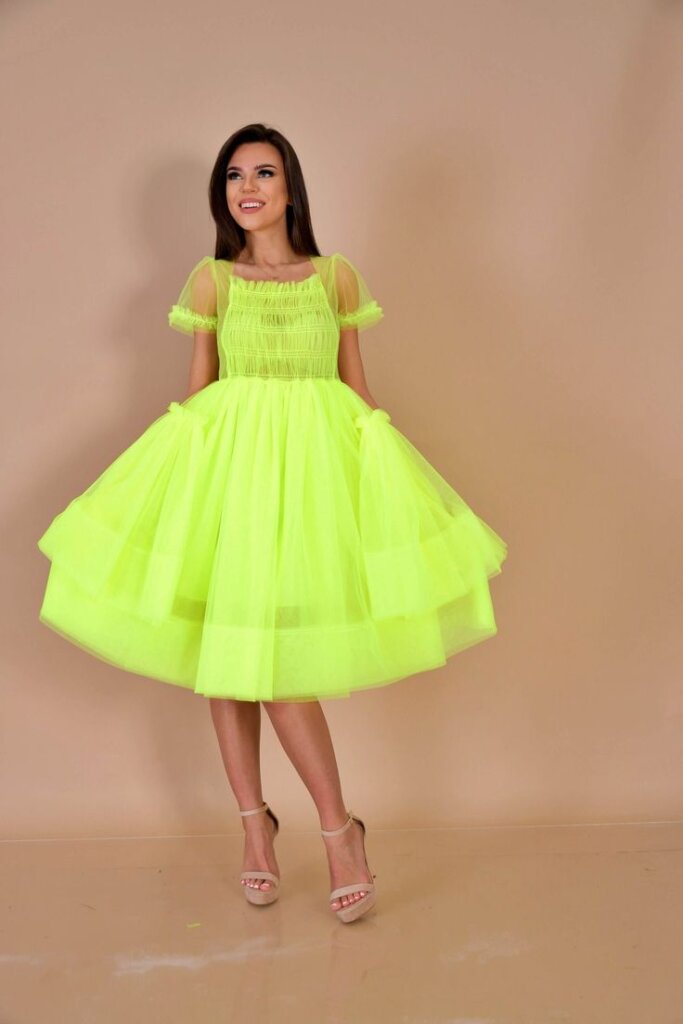
All blacks, all whites, colored etc.
This segregation just makes it visually easier to identify your clothes and pick up the one you’d like to wear for the day.
# 11: Designer Labels vs masstige brands
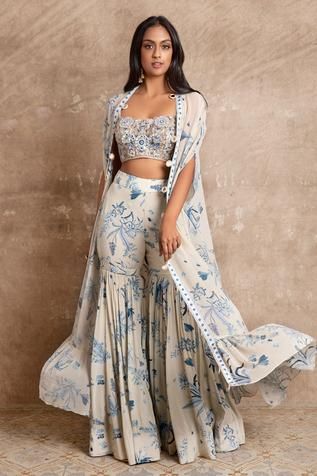

The designer ones need to be kept separately & safely in special packaging.
# 12: Basis seasons eg. Winter vs summer

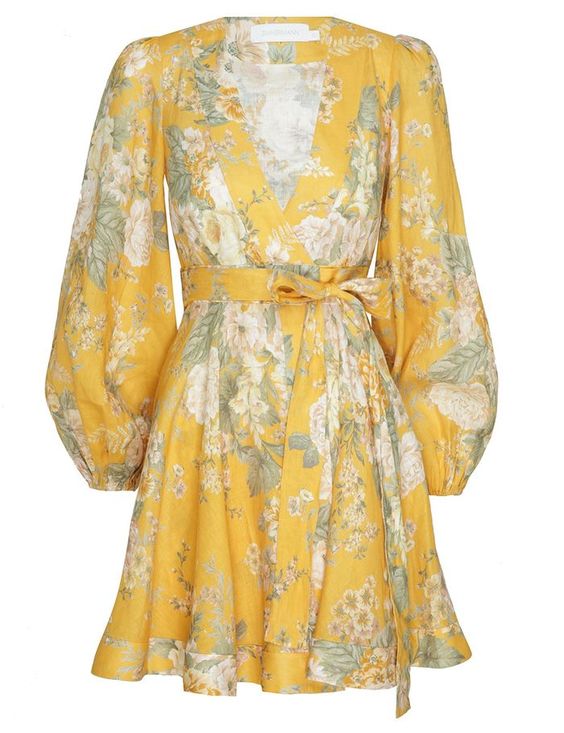
Winter jackets, shawls, thermal wear etc.
You don’t need thermal water & puffer jackets on an everyday basis hence these can be tucked in, till winter knocks at rhe door.
After the major part of your wardrobe i.e. clothing is out, you can then get into figuring out how to keep the rest of the articles in your wardrobe organized.
Lingerie
Having a separate shelf or for those who don’t have a shelf, a clothes organizing box bought from Amazon or Ikea for keeping lingerie can be helpful.
You can again make divisions between your upper & lower, sort by color or the type that would be suitable to wear under a particular clothing type. Eg. Gymwear vs. Formal wear.
Bags
Make sure to keep one section empty for your bags, which you can again organize by size, type etc.
eg Tote vs slingbags and occasion or formal vs casual wear.
Jewelry
For your artificial and everyday jewelry, again you can buy jewelry boxes which can be used to keep your jewelry sets and separate storage for earrings vs necklaces vs rings – to be able to find them easily.
Watches
One box in your jewelry can be exclusively for watches, which you can again sort basis ur liking eg. Formal, everyday or by brand or designer.
Shoes
In the lowest section of your wardrobe you can keep your shoes, with the everyday ones being visible up front, while the ones you don’t wear eg wedding shoes can be kept in shoe bags bought again from Amazon, so that they are safe & stay looking new.
Make sure to dust them once everywhere, so that dust doesn’t accumulate on them, casing them to look old.
Again segregating by flats, ballerinas, wedges & stilettos is key.
The highest shelf of you wardrobe(one which u can reach by climbing a stool) is one where you can keep all your less frequently worn clothes as discussed earlier or seasonal ones like winter jackets which can only be brought out on a needs basis.
So this was a round up of how to organize your wardrobe. Hope you found it useful & you will follow & implement the ideas given in this space for your very own wardrobe.